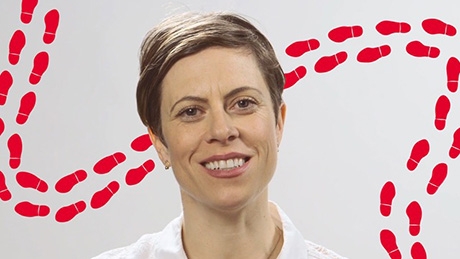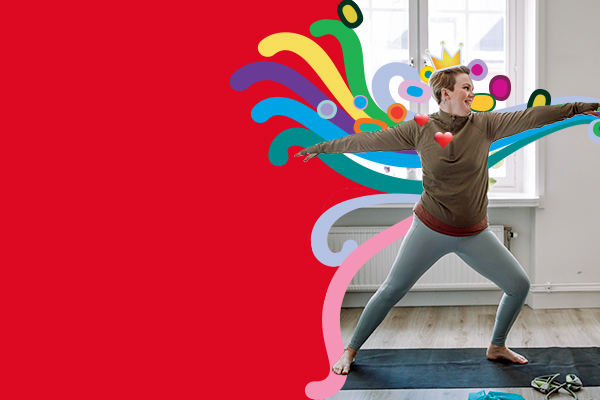-
Making positive changes to our health starts with understanding the human body. So many complex systems work together to keep us feeling vibrant and strong, and it all happens beneath the surface.
As part of the Medibank School of Better – a free online learning space designed to give you the knowledge and skills to live better each day – medical doctor and former pro cycling champion Dr Bridie O'Donnell leads a short, practical course on how the body works, preventing disease and increasing physical health.
Here, she shares some essential facts about the building blocks of the human body.
Your cells know what they want to be
All human cells are set from the beginning of their lives to develop into specific types. They grow in size, multiply in number and connect to each other to become the tissues and organs of our body.
Your body is (sometimes) great at healing itself
Some organ systems have the ability to regenerate and repair themselves and others do not.
Your height is set as a teenager
Our greatest rate of growth occurs around the time of puberty. We usually reach our adult height by 14-15 years of age for girls and 17-18 years of age for boys.
All different shapes and sizes are 'normal'
There is a wide variety in the stature, shape and size of bodies across our diverse community. This depends on many factors including gender, race, chromosomal abnormalities, nutrition during childhood, exposure to sport, and childhood illness.
We are full of water
Our body is composed of approximately 55% water, with the average adult woman approximately 50% water and man approximately 60% water. This water is in all the cells of our body in different amounts.
Which means hydration is essential
We need to consume around two litres of water on a daily basis to ensure adequate hydration of all these cells and to allow our organ systems to perform at their optimum level.
There are many elements that make up general good health
When doctors make a general assessment of good health, we are making note of features in your body that demonstrate adequate nutrition, hydration and appropriate strength and coordination in the way you move.
Nerves help the body communicate with the brain
Our body systems connect to our brain via nerves to give us feedback and signals when we’re in pain, or when damage is being done to our tissues. These are called symptoms.
Visible changes in the body can indicate health issues
The visible evidence of injury or illness to our bodies may be a change in size, shape, colour, feeling or function. These are called signs.
Your doctor takes all of this into consideration
When you see a doctor about a medical problem, we use your history, symptoms, signs and examination to determine a likely diagnosis and management plan.
Want to learn more about the body? Head to the Medibank School of Better, where Dr Bridie O'Donnell takes you through some short, practical lessons on how the body works.
10 things you need to know about the body

-
How to set up your bedroom for better sleep
The sleep experts share some secrets.
-
5 healthy habits (and how to keep them)
New Year's resolutions are easy to make and hard to keep. Discover how to make healthy habits for 2024.
-
How to feel more connected this festive season
Feeling stressed or lonely this festive season?
-
Life’s a beach
If you want to take it easy at the beach, start by making the trip easier on yourself. Cameron Williams reveals the discoveries that made his time at the beach more enjoyable.
-
Learn how small bursts of movement can have a positive impact on employee wellbeing
-
How to do a digital detox
Reduce screen time with a digital detox, and improve your mental health and wellbeing.
Subscribe to receive the best from Live Better every week. Healthy recipes, exercise tips and activities, offers and promotions – everything to help you eat, move and feel better.
By clicking sign up I understand and agree to Medibank's privacy policy






